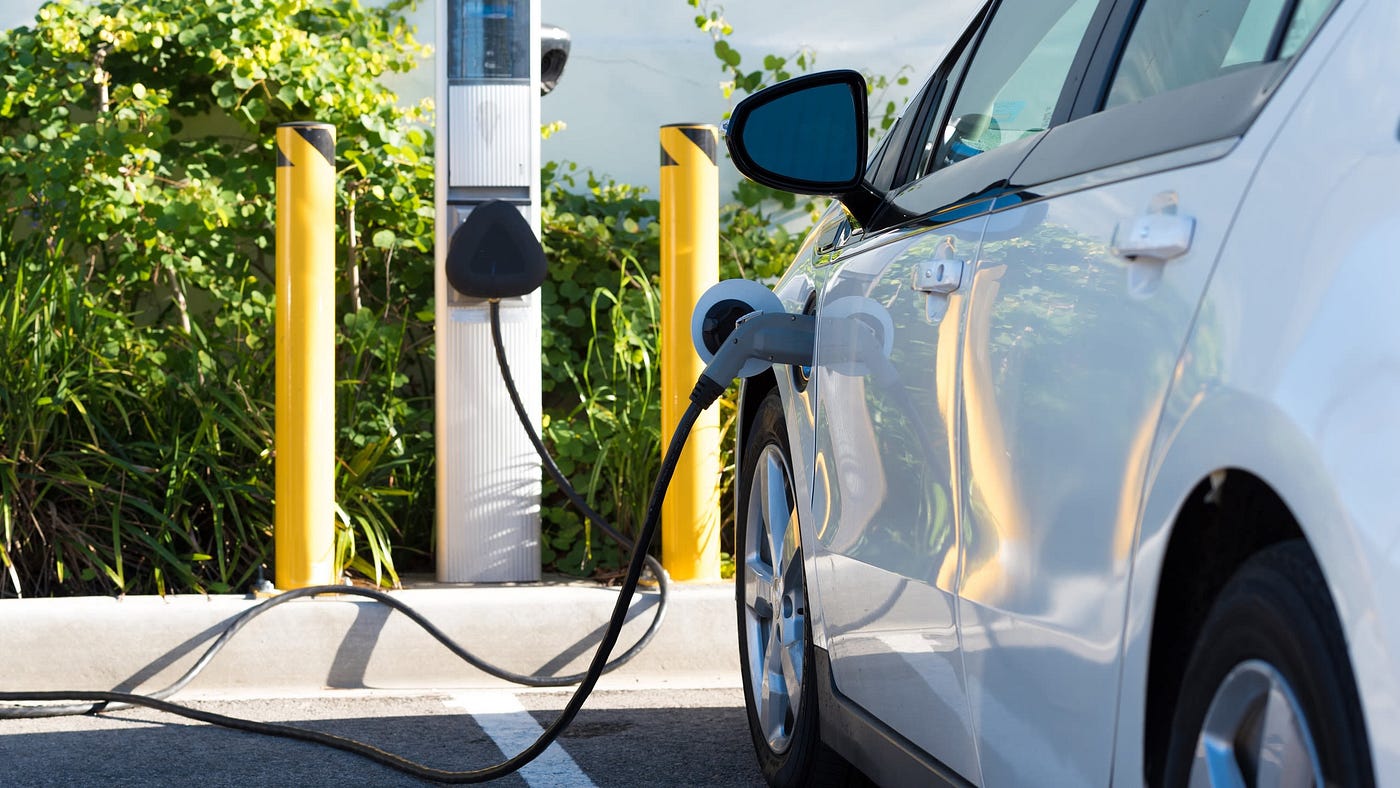Over the last few years, electric cars have gained significant attention from car manufacturers and the general public, as the automobiles of a future many envisage as greener and more technologically progressive. Nevertheless, as much as they have been found to have a positive impact on people in various ways, electric vehicles (EVs) cannot suit everyone at all times. Here are 20 things that will free you from thinking that an electric car might be what you need.
Here are 20 reasons not to buy an electric car in 2024
- Limited Range
Another pain associated with electric cars is that they are known to have a low battery power density than gasoline cars. It is also important to note that with range limitations, it could be inconvenient when you are a frequent traveler for long distances.
- Charging Time
Page 8 notes that in terms of charging time, electric car takes a much longer time as compared to gasoline vehicles. High chargers can charge it in about 30 minutes to an hour though to a 80% battery power.
- Charging Infrastructure
Charging stations are still inadequate in many areas mainly because people prefer to use their cars for short trips rather than to travel long distances as they used to before the introduction of electric cars. This may be an issue for you if you live in an area with limited charging access, and an electric vehicle will not work for you.
- Higher Upfront Costs
Electric cars are widely known to be expensive to purchase than gasoline cars; this puts most people off since an electric car costs more to buy.
- Battery Degradation
Owners of electric cars realise that like any other battery, the car’s battery also weakens over time and as a result, causes the car’s range to reduce as well as its efficiency. Battery replacement can be costly since some batteries are not cheap to buy.
- Limited Model Availability
While the amount of electric cars is increasing at a steady pace, the choice is still not as big as it is with gasoline vehicles, especially in such segments as trucks or SUVs.
- Resale Value
Electric cars may be cheaper to maintain as they may resell for far less than regular cars, this can be attributed to uncertainty on the exact number of charges on a Battery and the battery’s durability.
- Performance in Extreme Weather
This is particularly a weakness in places where weather changes are extreme because electric cars may lose their capability to perform efficiently both in very cold weather or when it is extremely hot.
- Towing and Hauling Limitations
The vast majority of electric cars are built for light to medium duty, not towing or any other heavy activities; this may be a major disadvantage for anyone looking to buy a car that will concurrently be pulling a trailer.
- Limited Repair Options
A common issue that people face while selecting the right mechanic for an electric car is the scarcity of mechanics who are familiar with the working of electric cars and know how they can be taken care of.
- Energy Source Concerns
The socio-economic factors of electric cars are actually an extension of the environmental benefits if the electricity used to recharge the cars is produced in a certain way. Where a country largely depends on the use of coal or even other types of fossil fuels, therefore the green difference is somewhat less.
- Long-Term Reliability
What we do know however is that electric cars are a relatively new invention, and thus the long-term reliability of such cars compared to traditional cars is unknown.
- Infrastructure for Home Charging
Not everyone can have the capacity of being able to install a home charging point like those who have small houses or house with no garages, or apartments.
- Electricity Costs
Although electricity rates are usually lower than gasoline rates, they may also fluctuate dramatically, and in some regions may become significantly high enough to wipe out the major benefit of an electric auto.
- Insurance Rates
These charges result in cheaper insurance for a gas-guzzling car than an electric one despite being costly to manufacture.
- Weight and Handling
On average, electric cars possess greater weight compared to the gasoline cars, making them less manageable on the road.
- Limited Long-Distance Travel
Furthermore, the travel is somehow longer for those who are engaged in long distance and very often the charging stops will be much more challenging compared to the simple fueling of the gasoline vehicles.
- Battery Recycling and Disposal
Electric car batteries as any other battery are a problem to recycle and dispose off, which is not as easy being green as it is made to sound.
- Grid Dependency
Also, electric cars rely on the electric supply grid and that can be a problem in times of power outages. If there is a power failure for example the ability to charge the car could be impossible because you might have drained the car battery.
- Technological Changes
Due to the high level of technological breakthrough in developing the electrical automobiles, it is possible that the current model labeled as ‘the best’ could become obsolete in the near future or within a certain period of time affecting its market value and efficiency.
Conclusion
As fascinating as electric cars sound, it is crucial to consider the fact that no technology is without its demerits. All these 20 factors should be taken into account when deciding what car is best suited for you, including whether an electric vehicle is suitable at all. That is why educating yourself on both end of the bell curve of benefits and inconveniences of learning a new language can help to make a better-informed decision based on one’s lifestyle and needs.




